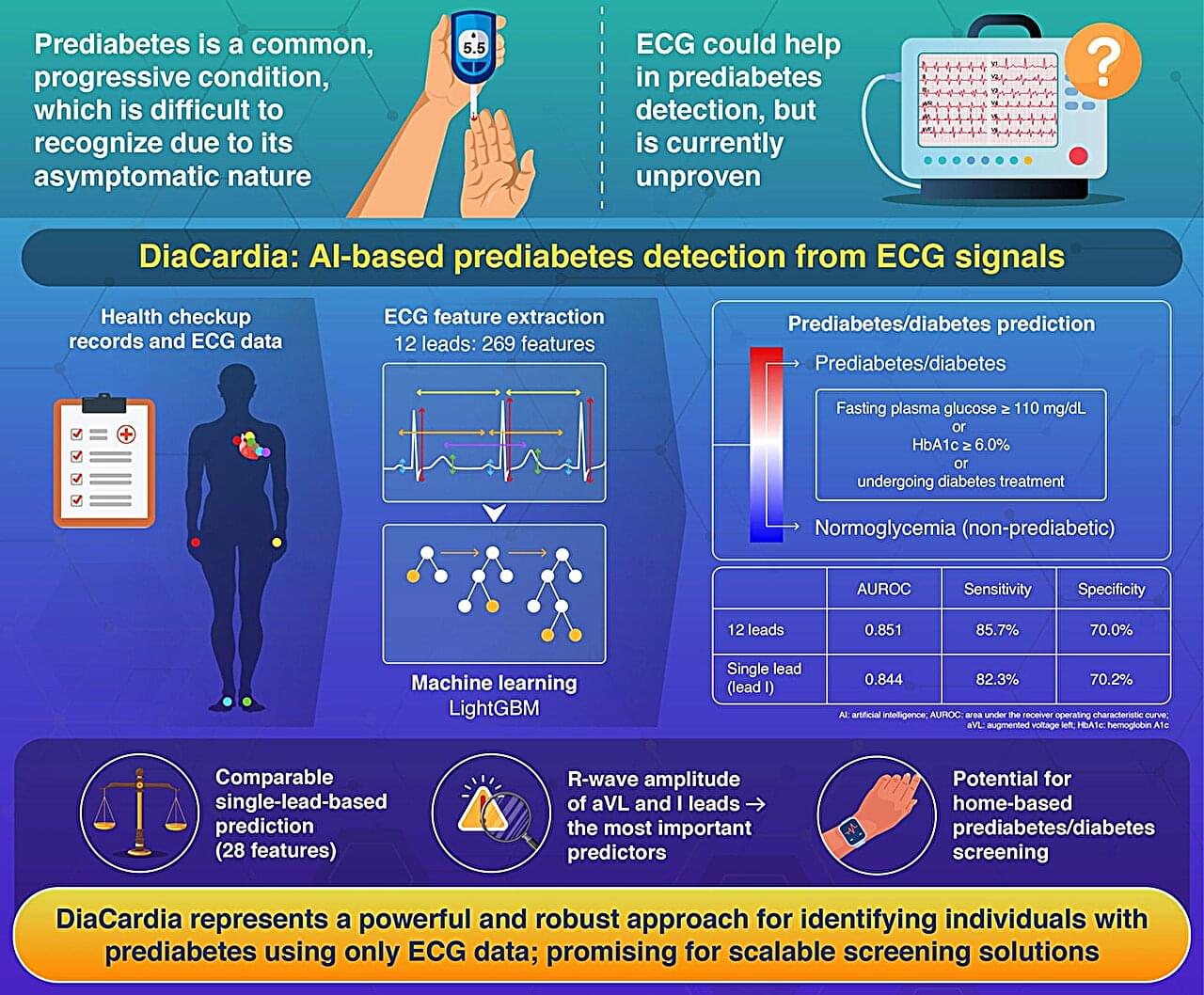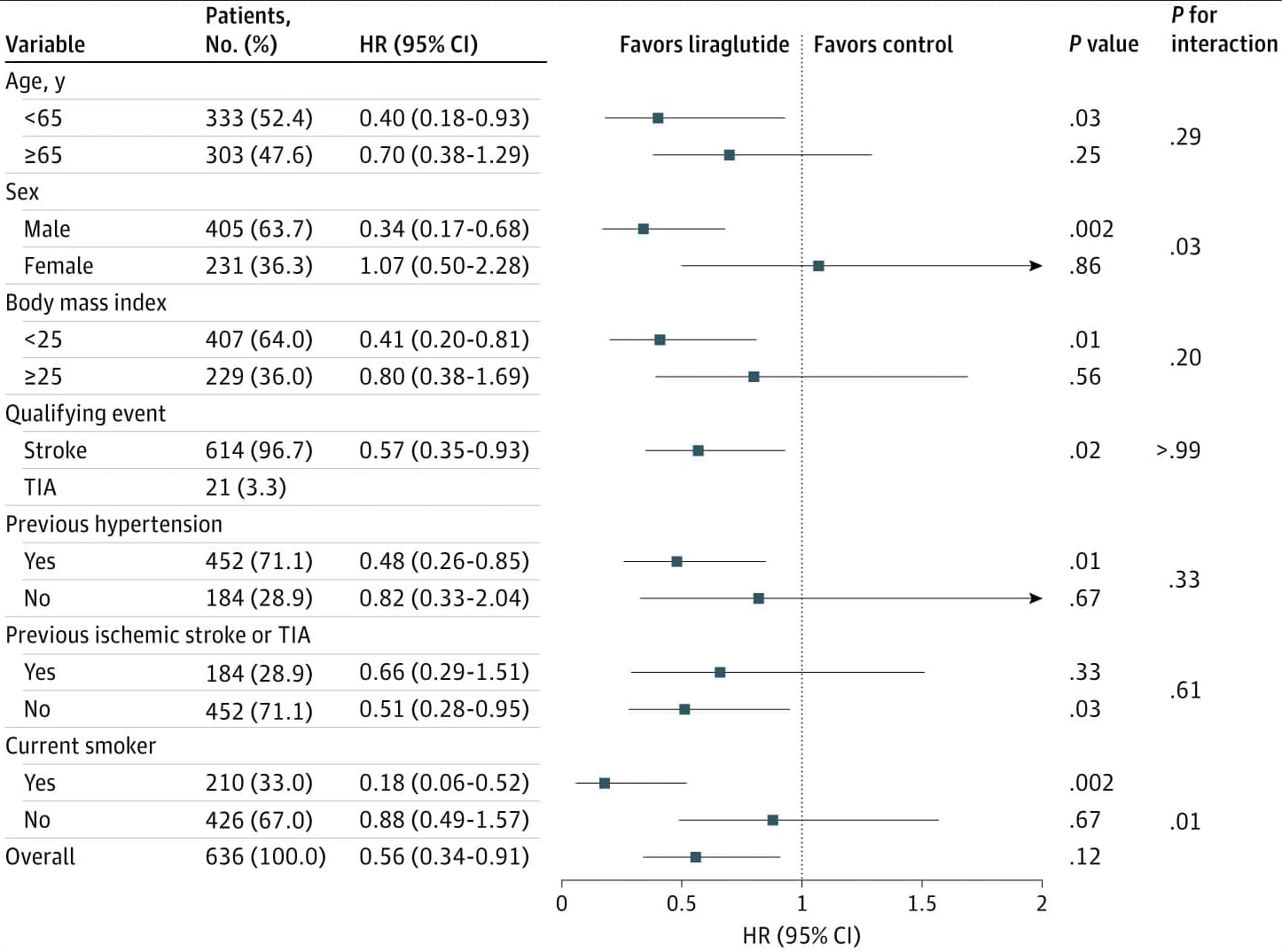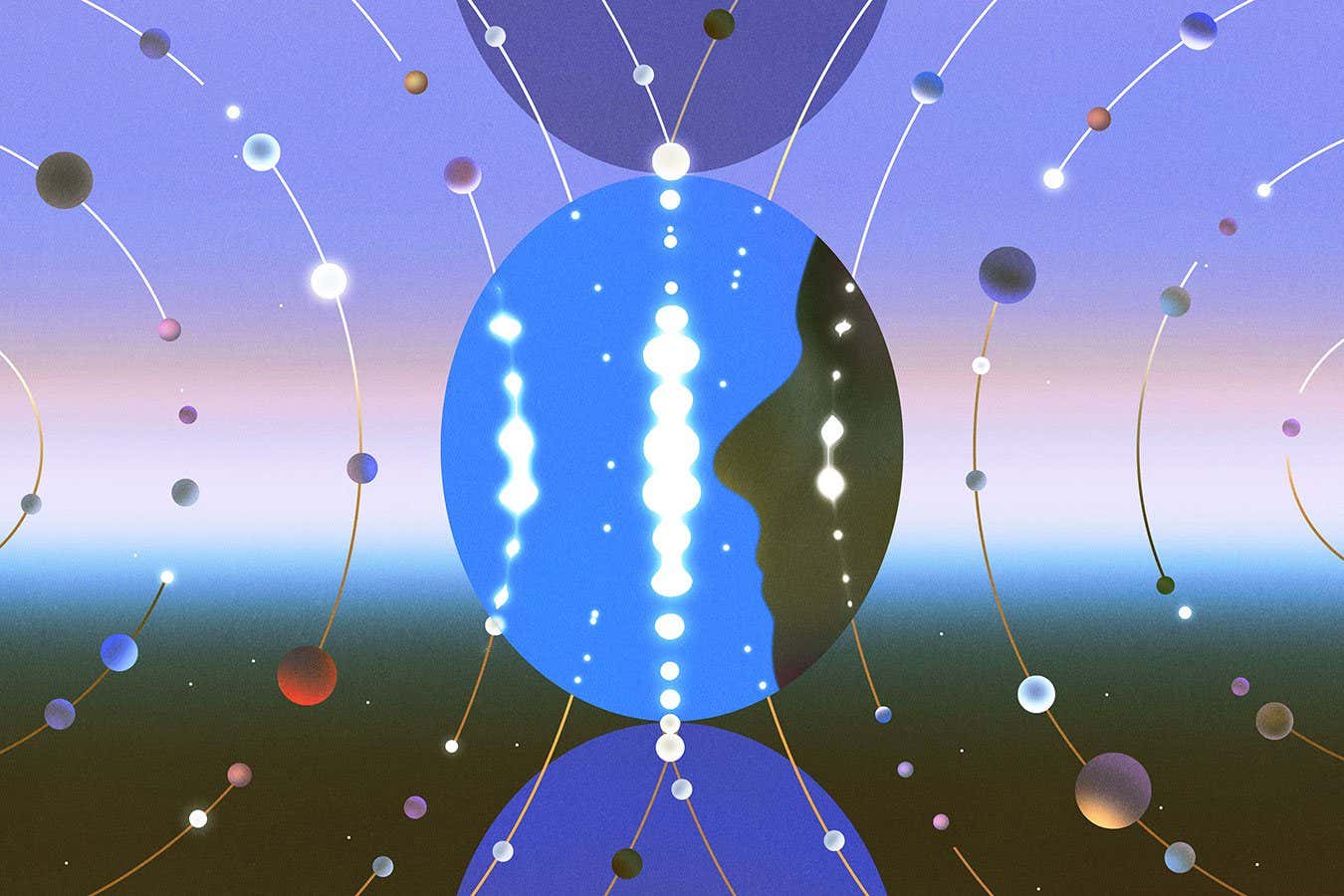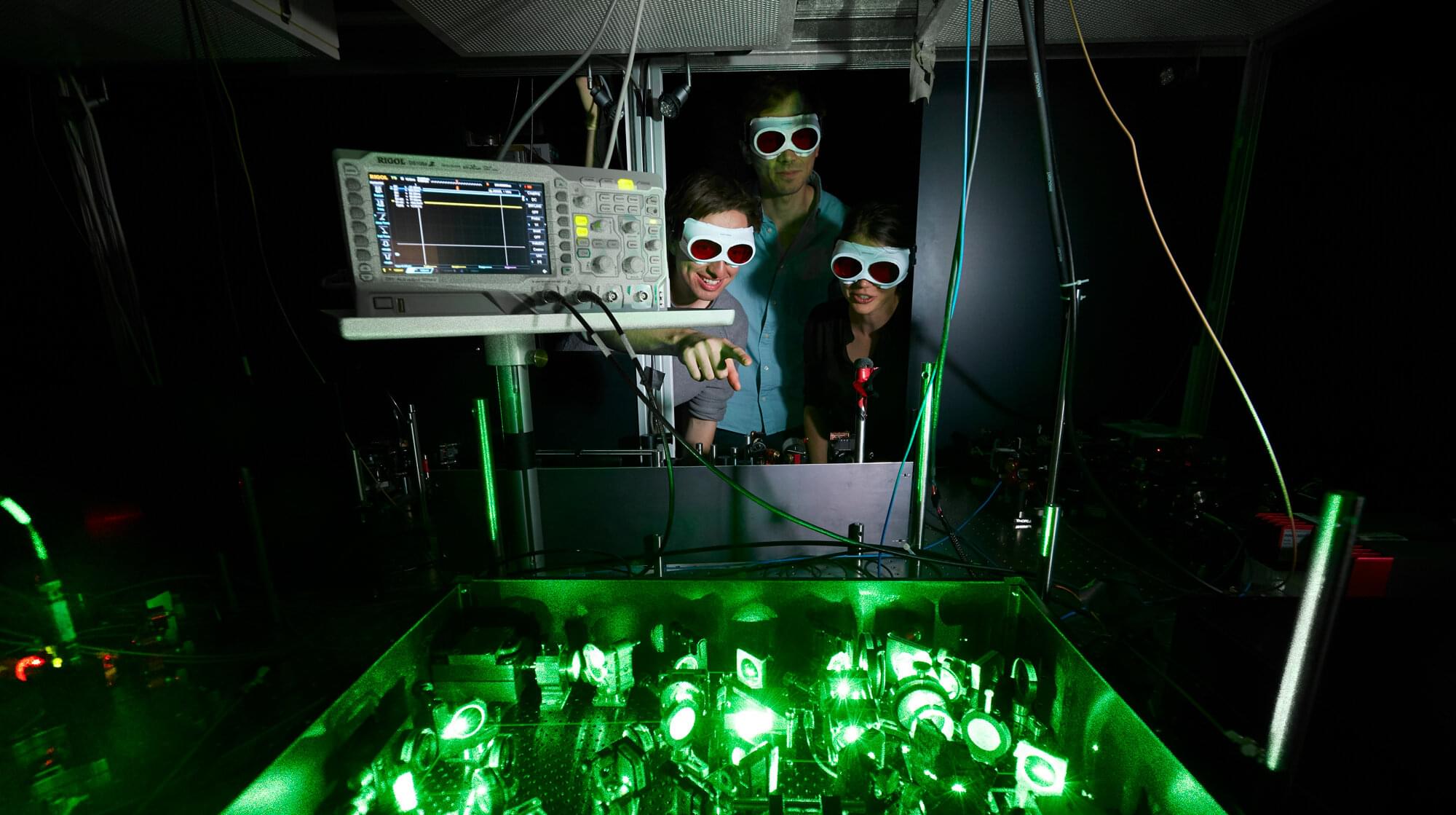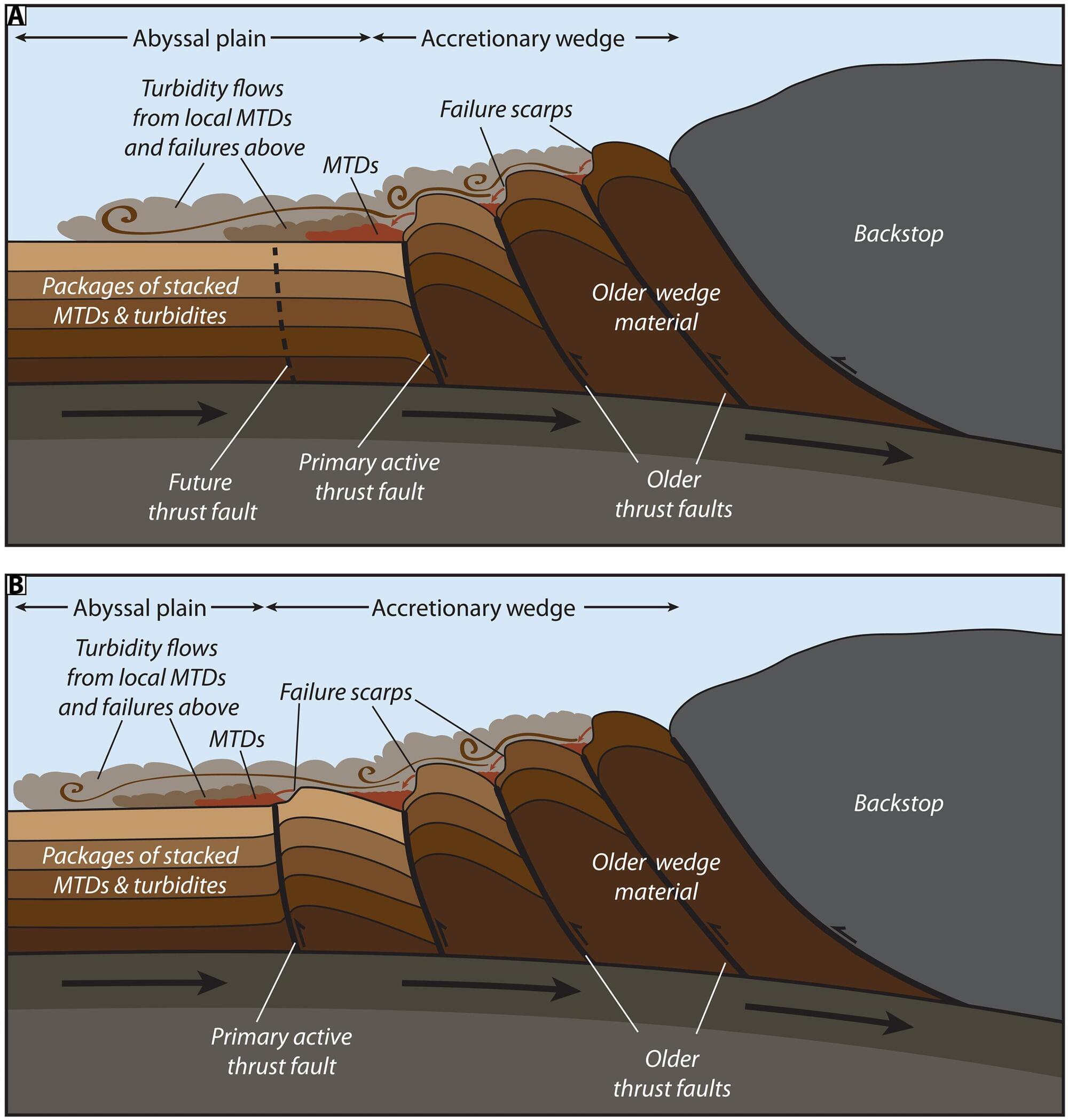From Dark till First Dawn of Universe Simulation: EWOG Quantum Gravity Theory.
🚀From Dark till First Dawn of Universe Simulation: Why EWOG is promising to the Cosmic Race! 🌌 https://lnkd.in/gFBNsKtq Ever wonder how the James Webb Space Telescope (JWST) keeps finding massive, mature galaxies that “shouldn’t exist” yet? Standard cosmology (ΛCDM) is struggling to explain this without extreme fine-tuning. But Entanglement-Weighted Operator Gravity (EWOG) provides a first-principles answer. 🧩 The “Quantum Turbo” Effect In the dense early universe, high quantum entanglement between matter and geometry temporarily boosted gravity’s strength. The Core Idea: Gravity isn’t a constant; it’s an operator weighted by entanglement (Ŵ). * Curvature from Commutators: R̂ᵤᵥ = [∇̂ᵤ, ∇̂ᵥ] * The Boosted Coupling: G_eff(a, k) = G_N [1 + α₀(1 — e⁻ᵐʳ)ℱ] This “turbo boost” allowed gas to collapse into stars 150,000 years earlier than standard models predict.


